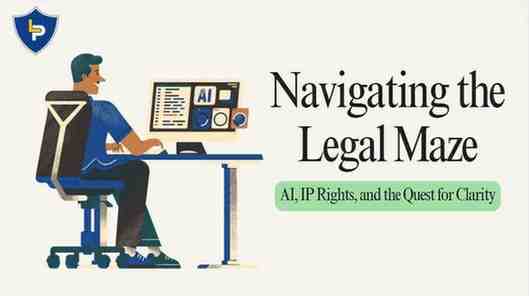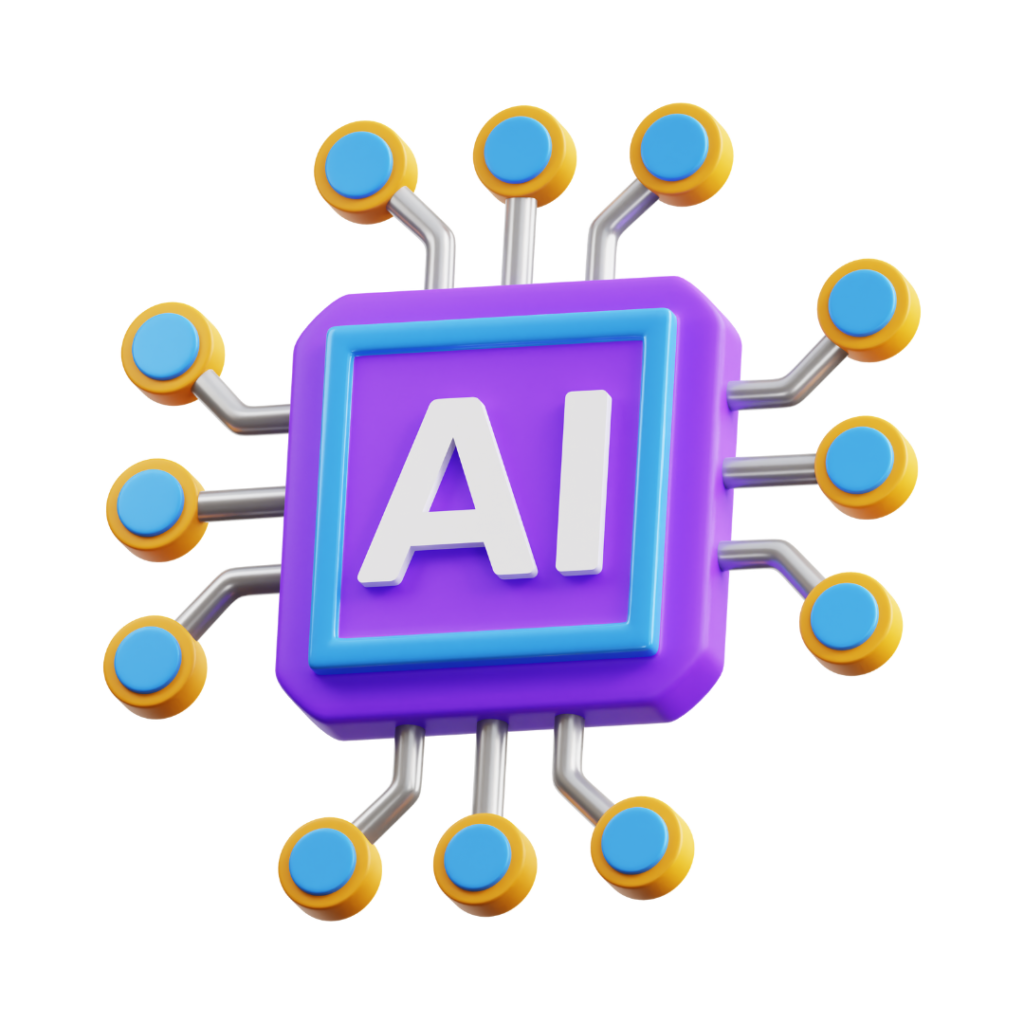Navigating the Legal Maze: AI, IP Rights, and the Quest for Clarity

Lately, a bunch of countries, like the USA and the UK, have made it clear that their local laws don’t really recognize the outputs of artificial intelligence (AI). Figuring out what exactly qualifies as ‘autonomous inventions’ versus ‘AI aided inventions’ is a bit of a head-scratcher, especially since there’s no official technical definition for it. With the advent of technology, AI can be used either as a tool to produce a creative output or it creates independent outputs through self-learning algorithms without any human intervention.

Now, when AI is merely used as a tool, it’s crucial to figure out how the extent of human link and intervention used to produce the given output on which IP rights are demanded. Just hitting a button or providing in a few basic instructions isn’t enough to give exclusive IP rights on the human author. It is important to determine such questions to ensure that the very purpose of IP rights is not defeated by conferring protection to humans on works where no creative effort, skill, or judgment has been used.
AI as a tool may give rise to legal ambiguity in terms of determining inventorship. IP law generally does not differentiate between ideas that arise solely from the inventor’s thoughts and those that are created through problem-solving methods and tools. For instance, if a painter uses a paint brush for creating a painting, he would not be denied copyright for the use of the brush as a tool.
But how is this justified? AI systems differ from humans in terms of their capacity and capability to process data. These are not merely tools, but ‘self-learning’ tools capable of producing original works. Thus, even the use of AI as a tool is problematic for determining authorship/ownership status owing to the jurisprudence of Creativity, Sweat & Brow, Labour, and Personality theories.
At the current state of technology, neither the jurisprudential theories of IP nor the level of ‘self-learning’ mechanisms of these systems justify IP rights. Given the current predictions of AI designers regarding the uncertain and distant arrival of Artificial General Intelligence, it seems more advantageous to shift focus towards more relevant matters concerning intellectual property (IP) law in relation to AI techniques. Plus, let’s take a good look at what role IP law is really playing in boosting AI innovation.



